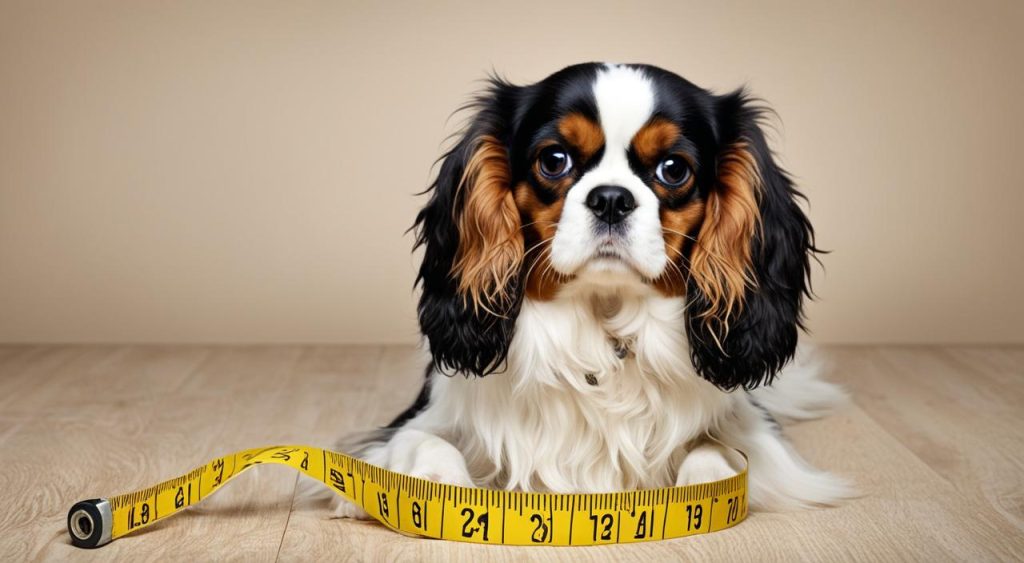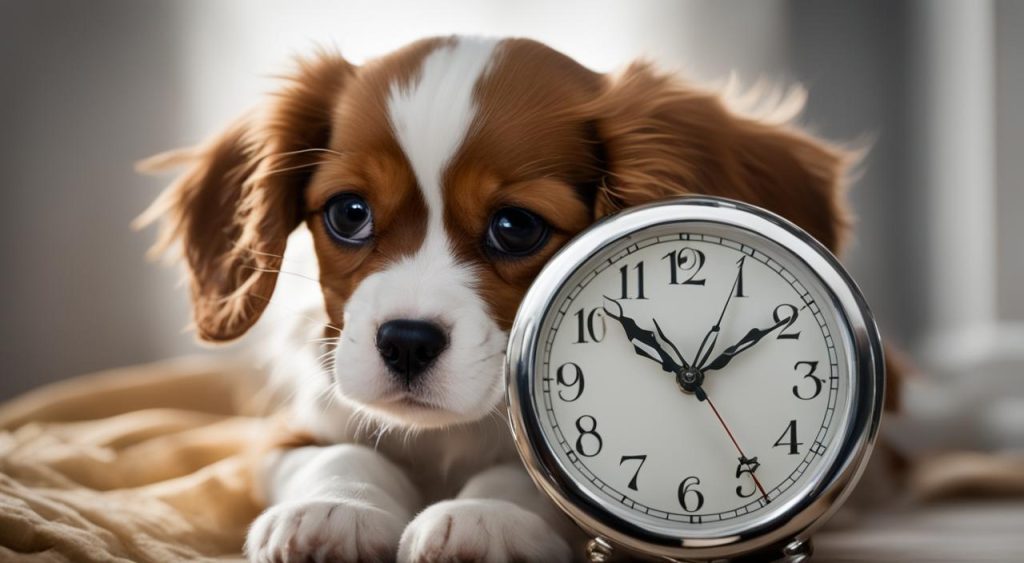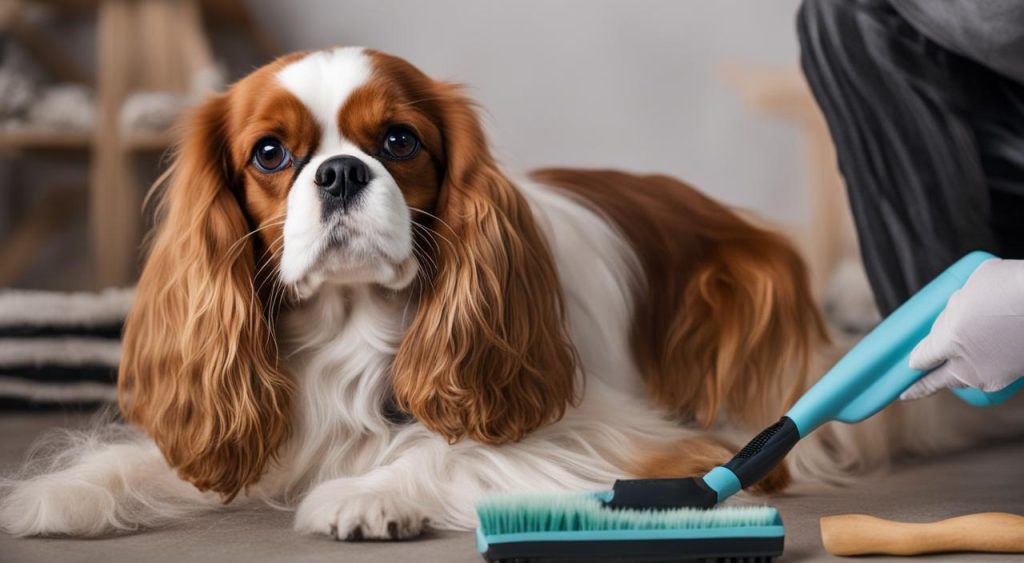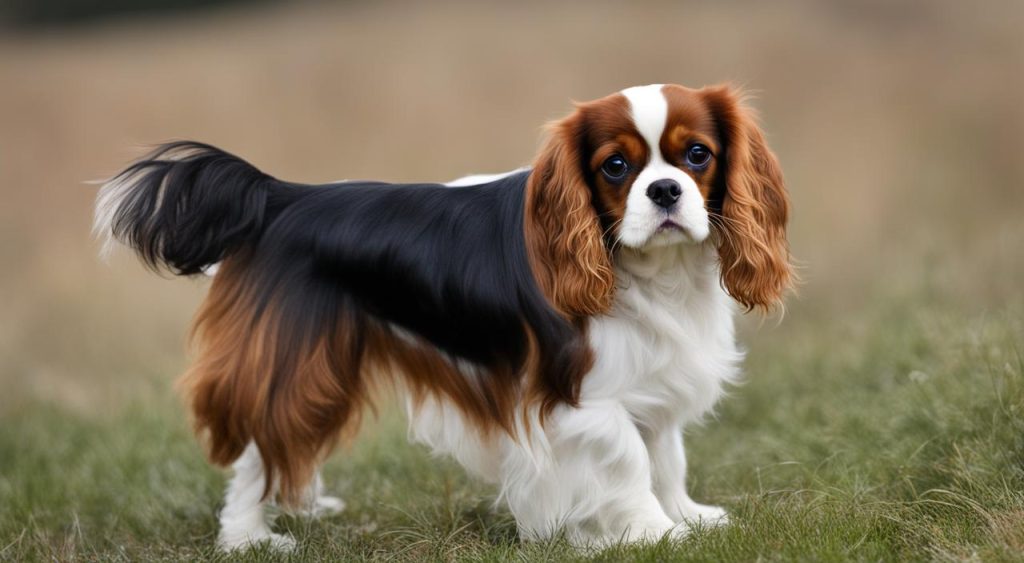If you’ve ever wondered why your King Charles Cavalier is on the larger side, there are several factors that can contribute to their size. From genetics to diet and exercise, understanding the reasons behind their big stature can help you provide the best care for your beloved pet.
The size of a Cavalier King Charles Spaniel can vary within the breed, with some individuals being larger than others. While the breed standards indicate that Cavvies typically weigh between 13 and 18 pounds and reach a height of around 13 inches, there can be some variation in size. In some cases, Cavaliers can even weigh up to 20 pounds.
Factors that influence the size of King Charles Cavaliers include genetics, overfeeding, lack of exercise, age, and potential medical concerns. An improper diet and sedentary lifestyle can contribute to excess weight gain. It’s important to pay attention to your Cavalier’s body shape, perform regular rib-checks to feel for their ribs, and watch for signs of excessive fat deposits. Additionally, behavioral indicators, such as a lack of energy and difficulty breathing, can suggest that your Cavalier is overweight.
Key Takeaways:
- The size of a King Charles Cavalier can vary due to genetics, diet, exercise, age, and potential medical conditions.
- Genetics play a significant role in determining the size of Cavalier King Charles Spaniels.
- Overfeeding and lack of exercise can contribute to a Cavalier’s larger size.
- Maintaining a healthy weight for your Cavalier involves proper portion control, feeding high-quality dog food, and increasing exercise levels.
- Regular veterinary check-ups and monitoring your dog’s weight are crucial for managing their size and overall well-being.
Genetic Factors Affecting Size of Cavalier King Charles Spaniels
The size of a Cavalier King Charles Spaniel is largely influenced by genetics. Different bloodlines and breeding practices can result in size variations within the breed. Crossbreeding with other dogs can also impact the size of Cavaliers. Understanding the genetic factors can help explain why some Cavaliers are bigger or smaller than others.
Diet, Nutrition, and Exercise for Managing Cavalier Size
Diet and nutrition are key factors that influence the growth and size of your Cavalier King Charles Spaniel. Providing a balanced diet and practicing proper portion control are essential for maintaining a healthy weight and preventing your Cavalier from becoming too big.
Regular exercise is also crucial in managing the size of your Cavalier. Daily walks, playtime, and engaging in physical activities help keep your dog active and prevent obesity. Exercise not only helps maintain a healthy weight, but it also promotes overall physical and mental well-being.
Monitoring your Cavalier’s weight and ensuring regular veterinary check-ups are important aspects of managing their size. Your veterinarian can assess your dog’s growth patterns, offer guidance on nutrition, and provide recommendations tailored to your Cavalier’s specific needs.
Conclusion
The size of a King Charles Cavalier can vary depending on several factors such as genetics, diet, exercise, age, and potential medical conditions. It is important for owners to be mindful of these factors in order to maintain a healthy weight for their beloved pets.
Providing a balanced diet and proper portion control is crucial in managing the size of a King Charles Cavalier. Feeding high-quality dog food and reducing the number of treats can help prevent overweight issues. Regular exercise, such as daily walks and playtime, is also essential for keeping your furry friend fit and active.
Regular veterinary check-ups are essential for monitoring the overall health and size of your King Charles Cavalier. By understanding the factors that influence their size and following appropriate care guidelines, you can ensure the well-being and happiness of your oversized King Charles Cavalier.





